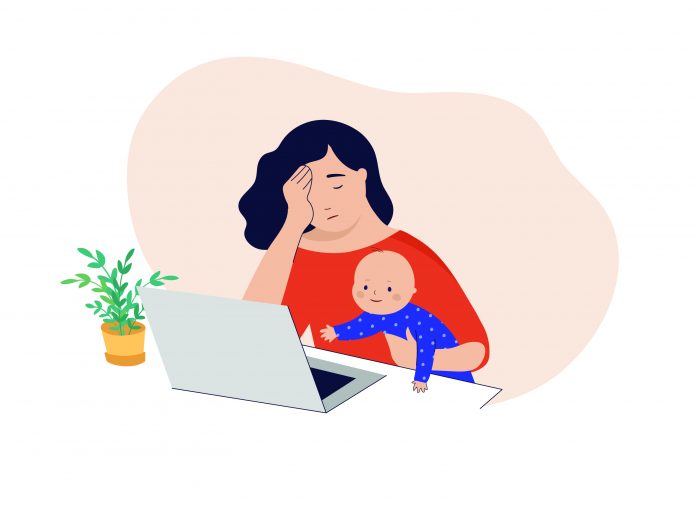The fall season can be a busy time of the year with kids settling into school, attending events, and cheering on our favorite sports teams. Our schedules and to-do lists can quickly become overwhelming and stressful. We all talk about being stressed from time to time, but what really is stress? One of the most commonly held descriptions of stress is when our demands exceed our personal and social resources such as our time, energy, or money. In other words, let’s say you have an important deadline at work and you lack time to complete the project; you may feel stress because the demand of the project requires more time than you have available. Most people will experience this type of stress at some point in life and want ways to help de-stress. Here are three simple tips to help reduce stress:
Understand your stress
When do you usually feel stressed? Some common stressors are long to-do lists, life transitions, being overscheduled, conflict, financial problems, parenting, traffic, work, and school. When we experience stress our body often responds with the fight or flight response to help us get through the situation. However, being in a frequent state of stress can wear out our body and mind. The more we know about what is stressful for us the better plan we can put into place to help reduce the stress we are experiencing. For example, if you know you often feel stressed when you arrive home after work it is probably not the best time to have an in-depth conversation with friends or try to help your kids with homework. Instead, plan a short break for yourself when you get home or while you are driving to reduce stress.
Identify what you control
Some stressors are within our control and some are outside of our control. For example, how many activities we plan for the week is within our control while a rainy day or a sick kid is outside of our control. If we are feeling stressed by something within our control we can make changes to our situation to help reduce stress. These changes could be deciding to reduce our workload or scheduling more free time on the weekends. Sometimes even small changes can make a big difference in how stressed we feel day to day.
Find coping strategies
Some stressors cannot be changed such as the amount of homework due, medical bills, or slow traffic; but we can still reduce stress by finding coping strategies. Coping strategies are simply activities or things we can do to help reduce stress such as planning ahead, going outside, setting a boundary with someone, being creative, going for a walk, finding a new perspective, and many more.
For more ideas for coping strategies for all ages visit ThriveForwardTherapy.com/selfcare.
 JENNIFER WILMOTH, LMFT
JENNIFER WILMOTH, LMFT
Jennifer Wilmoth is a Licensed Marriage and Family Therapist and founder of Thrive Forward Therapy in the Suwanee area with over a decade of experience. She received her Masters of Family Therapy from Mercer University School of Medicine. She works with families and individuals dealing with a variety of concerns. She specializes in working with couples who want to improve their relationship, teens experiencing difficulties at home or school, children experiencing behavioral or relational concerns, anxiety, and depression. Learn more at ThriveForwardTherapy.com.
















